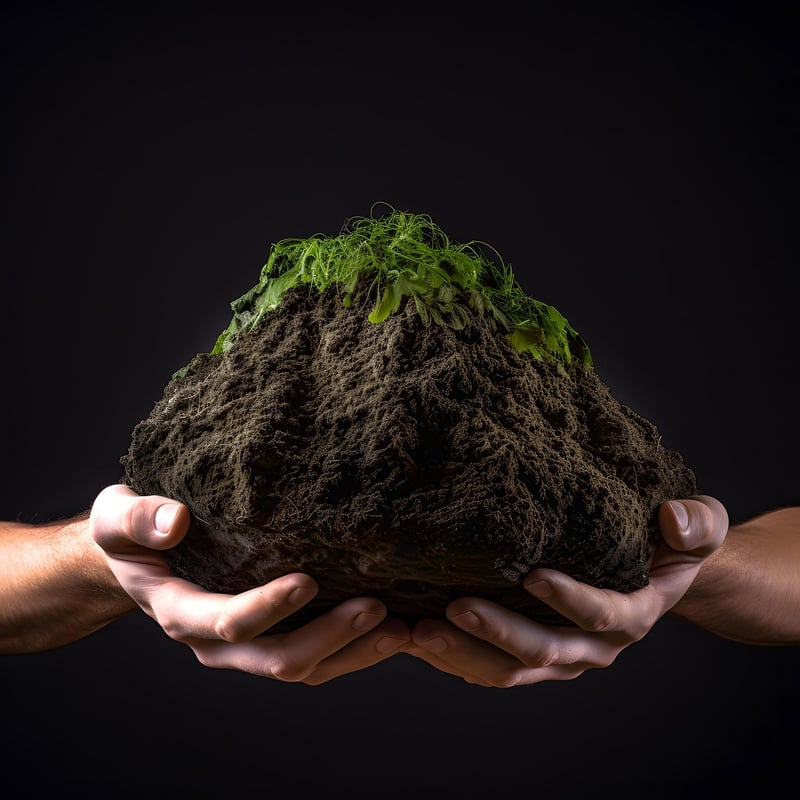Troubleshooting
Recycle Organic Waste: Troubleshooting Common Issues
Organic waste recycling is an essential practice that helps reduce greenhouse gas emissions and minimizes the strain on landfills. However, certain issues may arise during the composting process. Here are some common problems and troubleshooting tips to ensure successful organic waste recycling:
1. Foul Odors
One of the most common issues with organic waste recycling is the presence of foul odors. This can happen due to anaerobic conditions caused by compacted waste or inadequate aeration.
To combat foul odors, ensure proper aeration by turning the compost regularly to introduce oxygen. Adding dry materials like leaves or shredded paper can also help absorb excess moisture and prevent unpleasant smells.
2. Slow Decomposition
If your organic waste is decomposing slowly, it may be due to an imbalance of carbon and nitrogen-rich materials. A lack of moisture or insufficient microbial activity can also contribute to this issue.
To speed up decomposition, ensure a balanced mix of green (nitrogen-rich) and brown (carbon-rich) materials. Maintain proper moisture levels by watering the compost pile as needed and introducing compost activators to boost microbial activity.
3. Pest Infestations
Pests like flies, ants, or rodents can be attracted to organic waste piles, especially if meat or dairy products are present. To deter pests, avoid adding animal products to the compost and cover food scraps with a layer of brown material.
You can also consider using pest-proof compost bins or adding natural pest deterrents like diatomaceous earth to the compost pile.
4. Excessive Moisture
Too much moisture in the compost pile can lead to a soggy, anaerobic environment unsuitable for decomposition. This can happen if the pile is exposed to rain or if wet materials dominate the mix.
To address excessive moisture, cover the compost pile with a tarp during rainy periods and mix in dry materials like straw or sawdust to absorb excess water. Turning the compost regularly will also help aerate the pile and prevent waterlogging.
5. Unpleasant Smells
In addition to foul odors, compost piles can emit unpleasant smells if they contain certain materials like meat, dairy, or oils. These items can attract pests and create anaerobic conditions.
To avoid unpleasant smells, refrain from adding oily or fatty foods to the compost. Opt for plant-based materials and maintain a well-aerated compost pile to promote aerobic decomposition.
By addressing these common issues and following the troubleshooting tips provided, you can ensure a successful organic waste recycling process. Remember, composting plays a vital role in reducing waste and enriching the soil, so don't get discouraged by minor setbacks!

